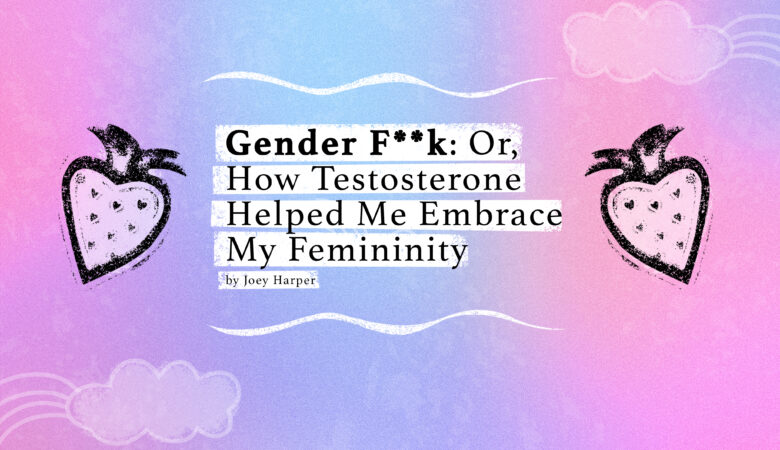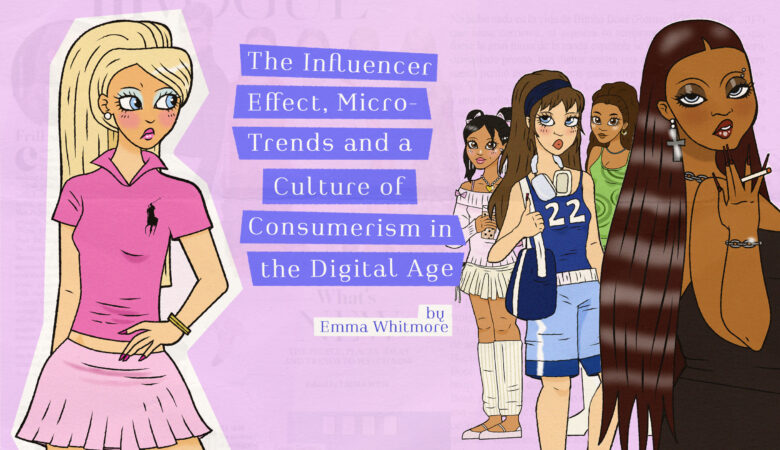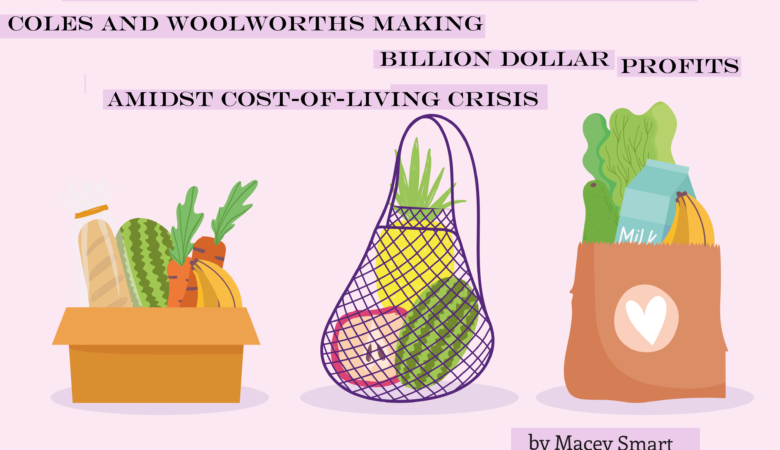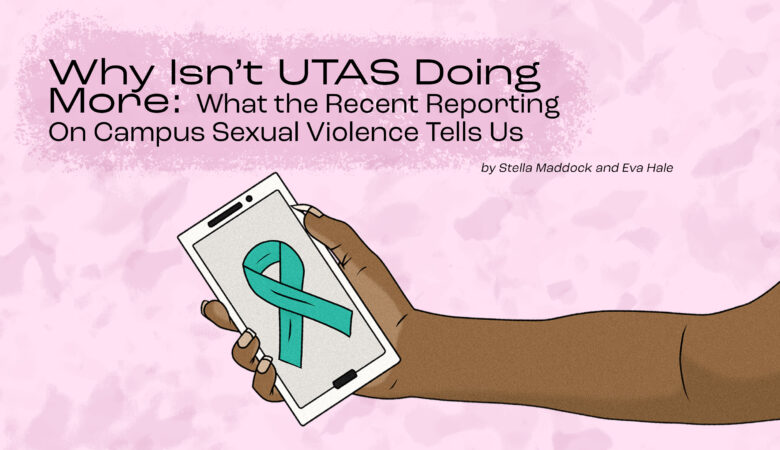Recent years have highlighted the imperative to move towards sustainable practice. From Covid-19 bringing all levels of movement to a stand-still, to the Extinction Rebellion movement declaring a Climate Emergency, Bob Dylan’s lines “the times they are a-changin’” have a new and ringing truth. The speed at which these times are a-changing and the fresh delivery of anxiety inducing events into your palm has created new mental health conditions such as ‘news fatigue’. We are now having to manage our mental bandwidth to just be able to get through the week. We are constantly re-adjusting how we do relationships and work online. What was once an abstract idea, sustainability is now part of our everyday lives.
Admittedly, sustainability is one of those words that gets thrown around a lot. Prominent indigenous scholar, Tyson Yunkaporta, is critical of the term as it can be employed to greenwash just about anything from ‘sustainable’ economic growth to ‘sustainable’ mining.
Is it ‘sustainable’ to offset your flight’s carbon emissions by, at ticket purchase, ticking the box that sends $2 to a tree-planting company; or more so to simply not take the flight; or further still, to instead spend your holiday volunteering with an organisation to help plant trees yourself? As little as five years ago these questions would be ridiculed as those two most offensive of post-modern insults – naïve and idealistic.
But these are a-changin’ times.
In my job interview for the SIPS program at the start of 2020 I was asked something like ‘what does sustainability mean to you?’ or ‘what does the term sustainability mean?’ or maybe it was simply ‘what is sustainability?’. I don’t recall exactly how it went. I do recall, however, answering something sensible and individualistic, like, “while sustainability is commonly understood as replacing regular consumer habits with sustainable consumer habits (i.e., Keep Cups, metal straws, etc and the whole shebang of a new virtue signalling industry (I didn’t say this)) but the deeper and wider-reaching definition of sustainability to me is about a way of life. It’s about living intentionally and wholesomely in all areas of life, not just in consumption habits. It’s seeing the bounds of society and the system and the environment and continuously practicing and learning how to live within those bounds”. Like the donut analogy in Kate Raworth’s book Doughnut Economics, Seven Ways to Think Like a 21st-Century Economist, she argues that there is a lower boundary of keeping needs met (the inner line of a donut) and an upper boundary of planetary resource limitations (the outer line of a donut). Rather than the have-your-cake-and-eat-it-too understanding of the past, sustainability is really about the ongoing process of living within the donut. (If this is too difficult to picture just go out and buy the book, it’s worth it).
What that looks like in any moment, year, or region is up for definition. There have already been efforts underway at UTAS over the past decade and the Sustainability Team has been hard at work. Due to the persistent work of a dedicated few, last year the University pledged to divest from fossil fuels. A huge win for the cause. But as sustainability is a practice, not an objective, there is an ever-growing mountain of work to be done.
This year, as part of my SIPS Fellowship, the Students for Sustainability Working Group was initiated. The group is a formal working group of the UTAS Sustainability Committee, is student-led and governed, and is set to be a gathering of student leaders from across the university to further the sustainability cause. I’m imaging a network of connections spreading across the university colleges and campuses. Much like a spider’s web, when a tremor occurs in one area of the web it is felt across the structure, creating a strong base from which new practices towards sustainability can be learned and integrated. The structure of this working group was founded on the learnings of other universities across the world who have similar groups, and so those connections span even further outwards across the globe.
But sustainability isn’t just about connections, as a practice it’s also about change. The 10+ members and representatives of this working group have their feet on the ground. Who better to be involved with the ever-unfolding processes of sustainable action than students? Students are passionate, motivated, and profoundly creative, especially when it comes to dreams and ideals. In fear of becoming the ‘modest dreamers’ lamented by Zadie Smith, let us students banish the naïve and idealistic pejoratives and become visionaries and leaders once again. The members of this working group are driven by a vision of change toward a more sustainable world and university and have put their hands up to help lead the way.
The Students for Sustainability Working Group met for the first time in March 2021. What exactly this working group will be focussing on is yet to be decided. Whilst used in a completely different and unconscionable context (your author’s personal opinion), to quote U.S. Secretary of Defence Donald Rumsfeld ’there are ‘known unknowns’ regarding student sustainability priorities at UTAS and probably some ‘unknown unknowns’ too. The first actions of the working group will be making connections around the university to find those ‘unknowns’ out – what would you like to see actioned at UTAS? Get in touch with the working group (details below), start a conversation with another student about sustainability, or just have a think about the world in crisis and how we can all plant trees on our holidays.
Words by Tim Boyle. Tim is the Chair of the Students for Sustainability Working Group. He is a UTAS student (BSW & BPhil). Find him at: [email protected], @_mothiie
Cited Works:
Dylan, Bob. “The Times They Are A-Changing”. The Times They Are A-Changing. Colombia. 1964, Track 1.
Raworth, Kate. Doughnut economics: seven ways to think like a 21st-century economist. Chelsea Green Publishing, 2017.
Rumsfeld, Donald. Rumsfeld / Knowns. 2016. [Accessible at www.youtube.com/watch?v=REWeBzGuzCc ]
Smith, Zadie. Intimations: Six Essays. Penguin Books, 2020.
Yunkaporta, Tyson. Sand talk: How Indigenous thinking can save the world. Text Publishing, 2019.







